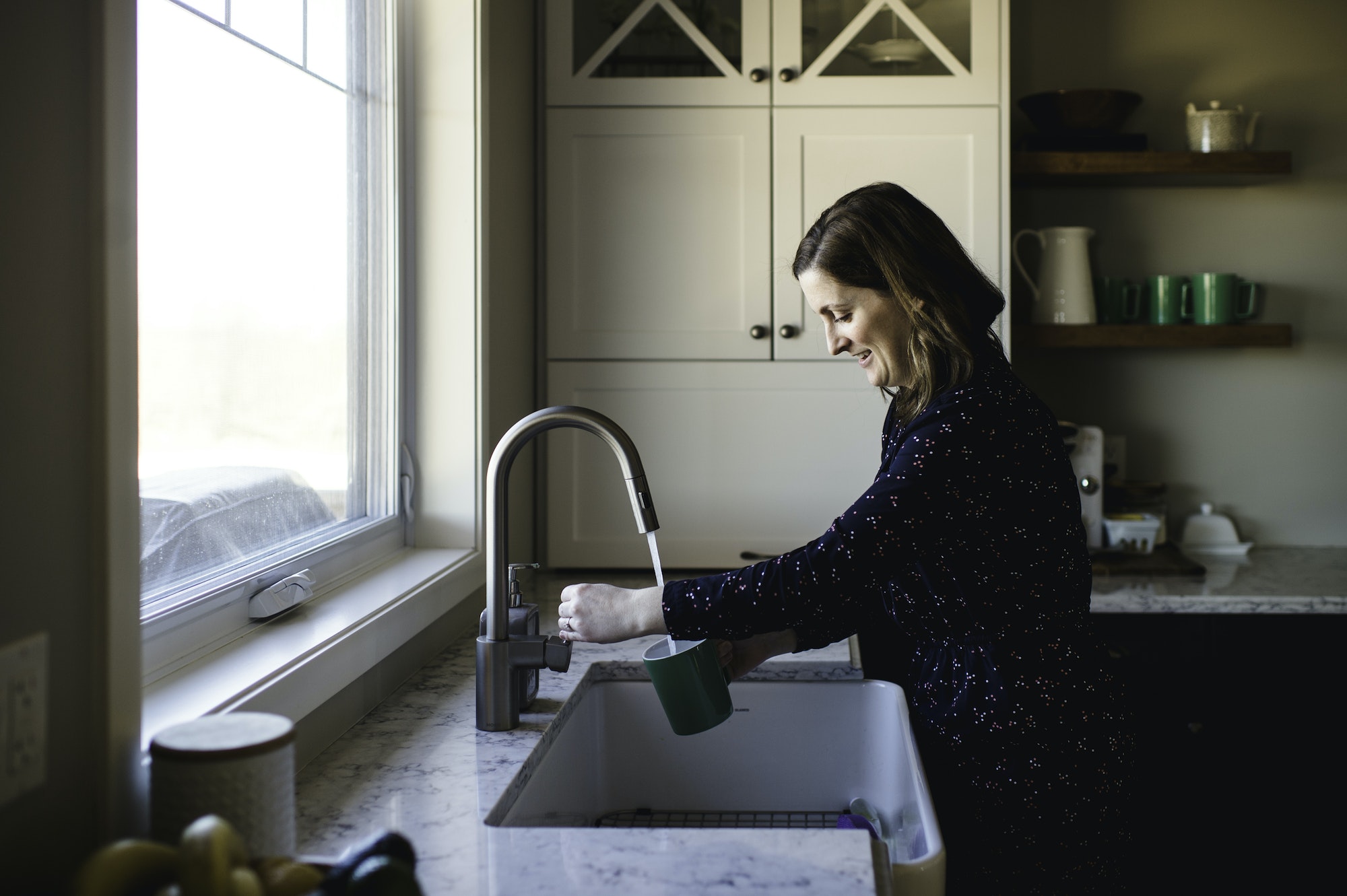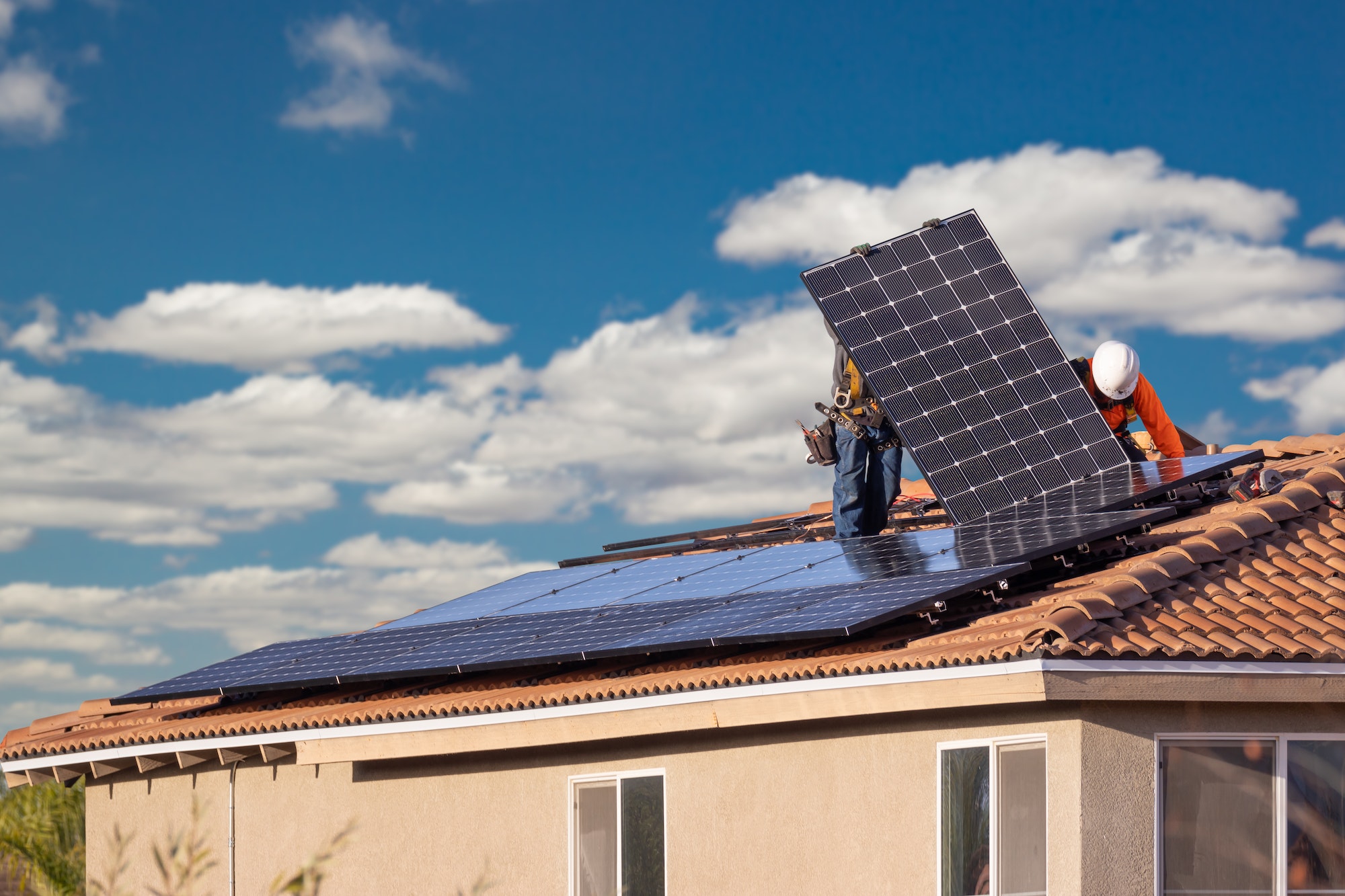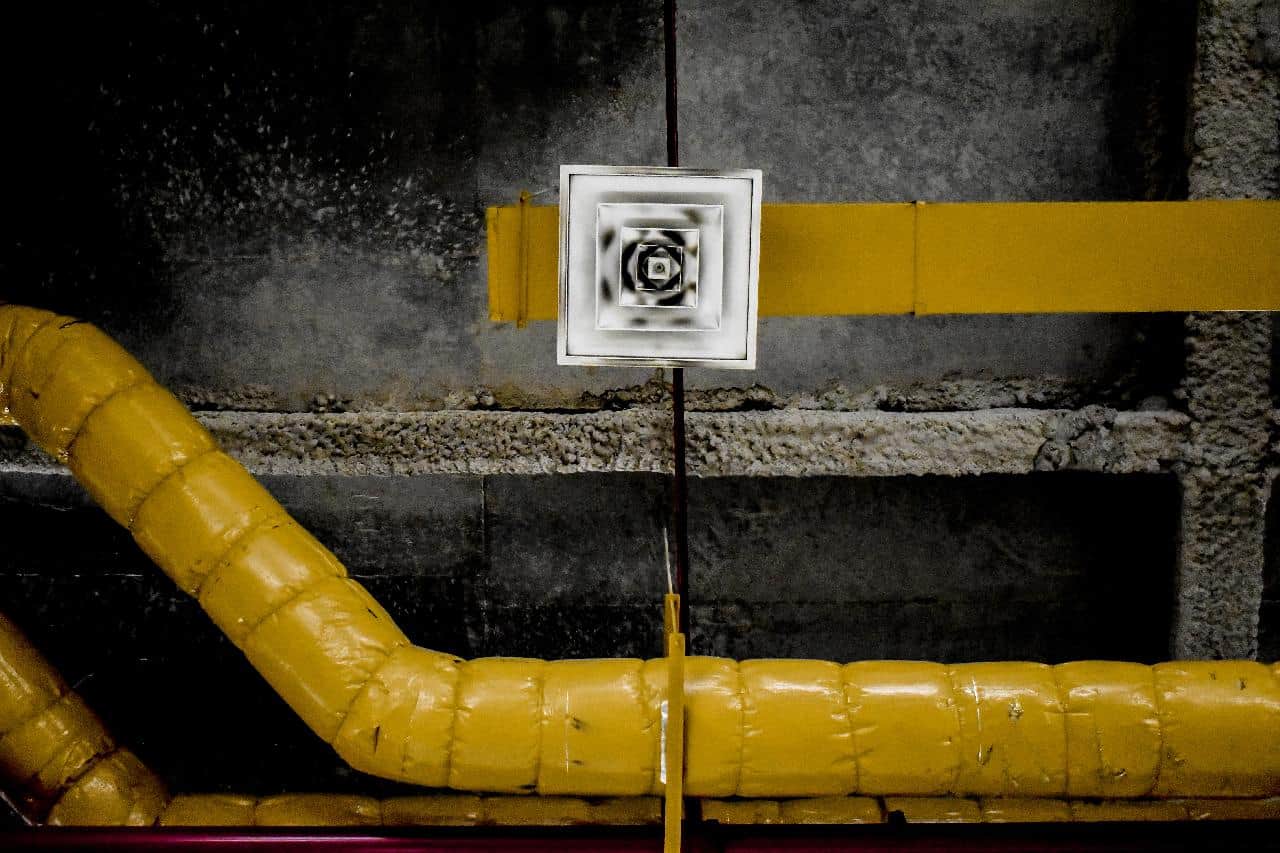Water damage is a major problem homeowners may face that can come with a number of consequences. From health risks to structural risks, water damage can have long-lasting impacts, which makes identifying the signs of water damage all the more important. Don’t neglect water damage repair. Contact a certified specialist to fix the problem before it devolves into something more serious.
What is Water Damage?
Learning to identify water damage in your home starts with breaking down what exactly this type of damage is. Water damage is any type of physical damage impacting your property that resulted from some type of direct contact with water. Whether it be a natural disaster or something that occurred inside the home, water damage has a variety of causes.
Causes of Water Damage
There are a number of different causes of water damage to be aware of, but the most prominent ones include:
- Major neighborhood flooding
- Hurricanes and tornadoes
- Torrential downpours
- Leaking plumbing
- Burst pipes
- Leaking roof
- Condensation from the air conditioning
- Malfunctioning sprinkler systems
- A leaking water heater
Signs of Water Damage
Understanding the causes of water damage in a home is only half the battle. Learning the signs of water damage is an important way to recognize when it’s time to reach out to a professional. Keep a vigilant eye out for the following signs:
- Peeling, bubbling, or flaking paint
- Water rings that are usually a light brown color
- Small hairline cracks or a spiderweb of cracks
- Odd or musty odors coming from the home
- Mold appearing out of cracks or crevices in the home
- An odd increase in utility bills
- Sounds of light running water coming from nowhere
- Unusual pooling water or unexplainable puddles
All of the above are just a sample of the signs of water damage in a home. If your property has come into contact with water and you suspect damage has occurred, don’t hesitate in reaching out for professional assistance to prevent health risks or structural damage.
How Does Water Damage Impact Health?
Water damage can have a greater impact on your life than simply ruining pipes or the infrastructure of your home. In fact, water damage can have major health repercussions that make treating water damage a greater priority. There are three primary types of contaminated water that can appear following exposure, each with its own health issues:
- Clear Water: Clear water is any water that is no longer contained by piping or some type of decontaminant. An example could include water that has just escaped a damaged pipe. While not overly harmful by itself, it can quickly devolve into a harmful form of water depending on what it comes into contact with.
- Gray Water: The second stage of contaminated water, and one with more health risks, is gray water. The source of the water and neglect of cleaning contaminates this type to a level where it needs to be treated within 48 hours otherwise it can devolve further.
- Black Water: Finally, the third and worst stage of contaminated water is black water. This type is most often seen in natural disasters and results in water that is contaminated with toxic materials and pathogens that can be harmful.
Even if the water let loose from damage is still in the clear water phase, you should contact a professional to clean the water before it devolves in its contamination.
5 Steps to Take if You See Water Damage
Spotting the signs of water damage should be your indication to take action as soon as possible. Follow the below five steps to have the best chance at fixing the damage before it becomes a major issue:
1. Identify the source of the damage if possible
First and foremost, you need to identify the source of the water damage in your home. Treating the symptoms of water damage will be worthless if you cannot identify the source. If there was no natural disaster, look for any faucets that seem to be giving off less water than normal or see if there are leaks occurring outside the home.
2. Dry the affected area as soon as possible
For the best chances of preventing further damage when your property has been exposed to water, get the affected area dried within 24-48 hours. This is because anytime past 48 hours allows for bacteria to begin to grow en masse but drying the area out will prevent the spread.
3. Try to inspect the scope of the damage
Fixing the damage caused by water will be impossible if you do not understand the full scope. After all, you may see a little bit of mold peeking out from cracks in a wall, but the majority of the problem may be in the walls. The process of replacing an interior wall can cost as much as $3,000, which is why solving the problem before such a repair is needed is so important.
4. Call a water damage specialist
If water damage has grown beyond your ability to fix it, it’s best to contact a specialist as soon as possible. Trying to fix serious damage by yourself may result in problems that you would be unaware of without professional expertise.
5. Disinfect the entire area
One of the first steps you should take when spotting water damage is to disinfect anything you can. Even if you think the damage occurred less than 48 hours before, it’s still best practice to disinfect. Any household cleaner that targets bacteria will do, but if the damage is too extensive then you will need a professional to come out with specialized cleaning tools to take care of the mess.
Protect the structural integrity of your home
With so many negative consequences stemming from allowing water damage to fester, there’s no reason a homeowner shouldn’t handle this issue when it arises. If the water damage has spread beyond your control, contact a certified professional as soon as possible to get the area disinfected and repaired.
Discover more from Futurist Architecture
Subscribe to get the latest posts sent to your email.




